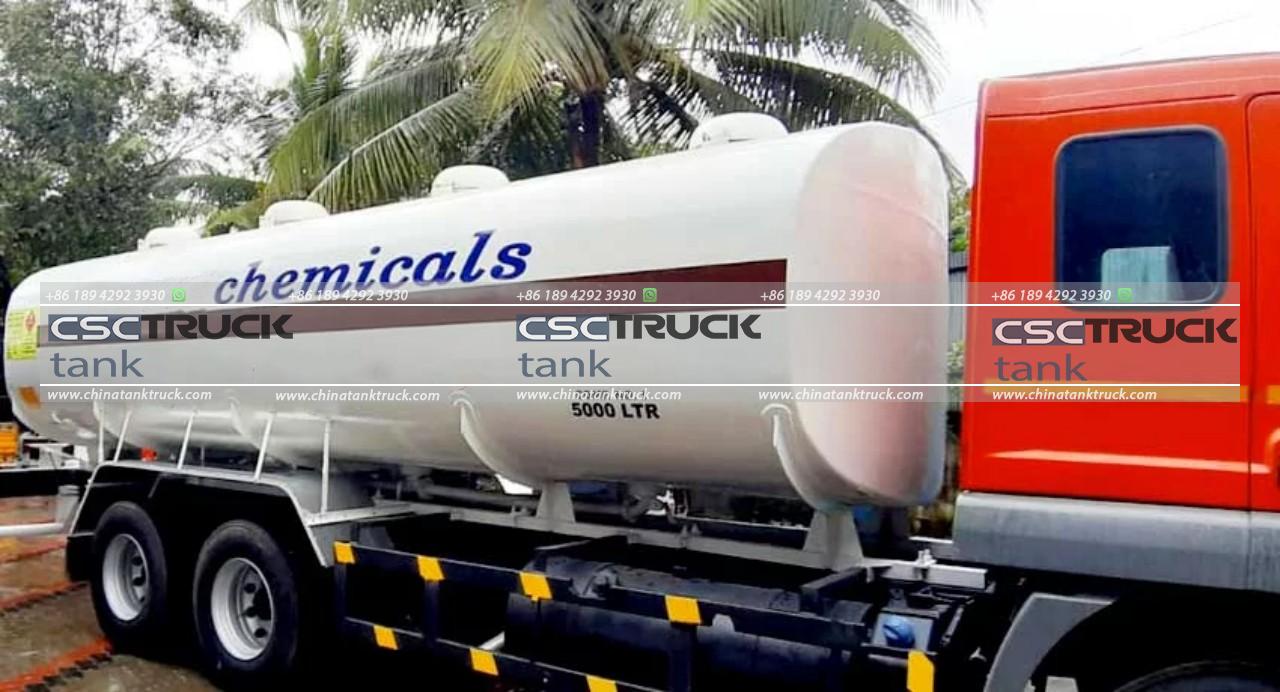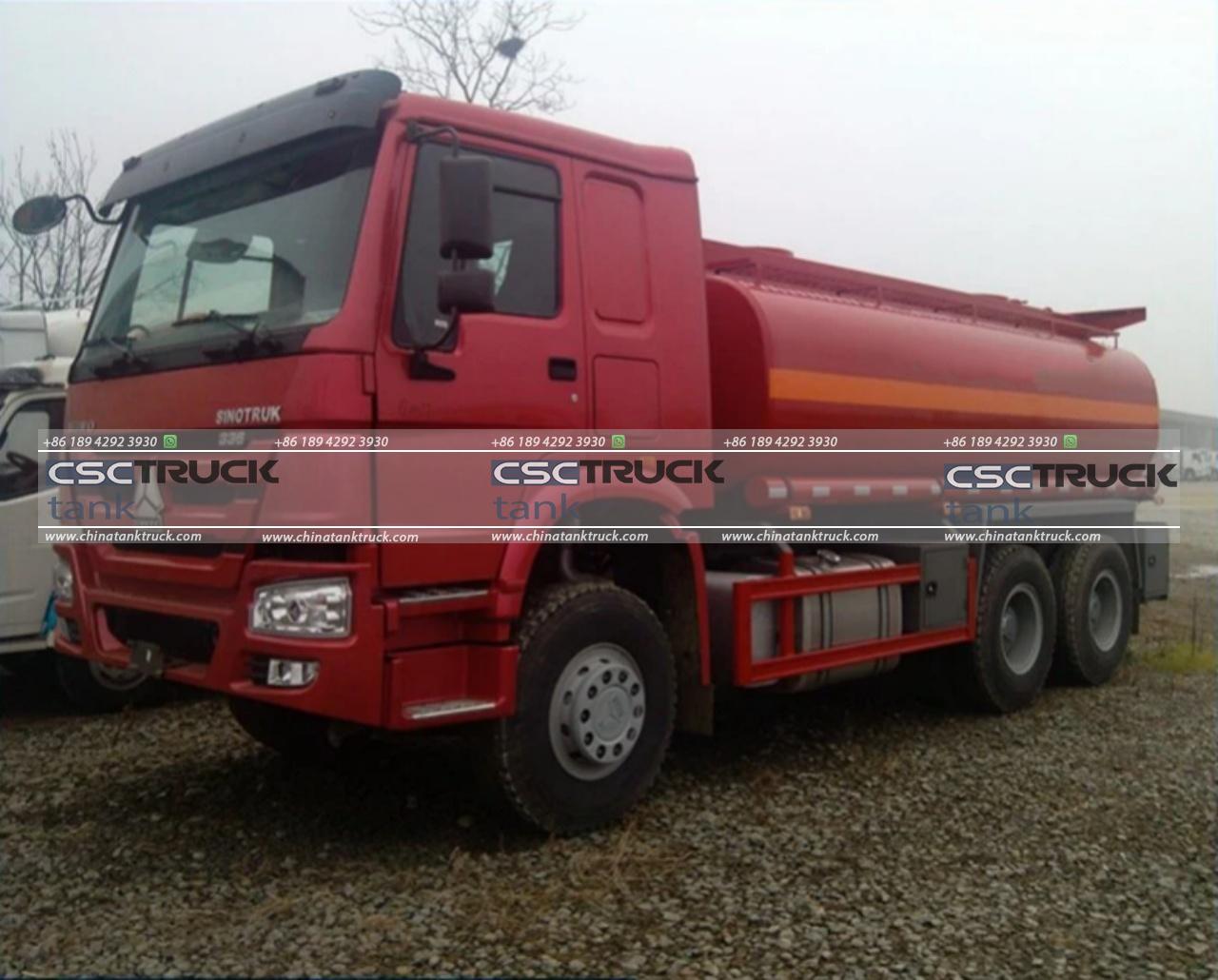Chemical Command: Navigate Safely with the Chemical Tank Truck
Transporting hazardous chemicals is a task that demands the utmost precision, responsibility, and adherence to safety protocols. Among the various means of chemical transportation, the chemical tank truck stands out as a vital component of the supply chain. These specialized vehicles are designed to transport various types of chemicals, ranging from corrosive acids to flammable liquids, across vast distances. However, with the critical nature of their cargo and the potential risks involved, ensuring the safe navigation of chemical tank trucks is paramount.
Understanding the Importance of Safe Navigation
Chemical tank trucks play a crucial role in the distribution of chemicals essential for various industries, including manufacturing, agriculture, and healthcare. From delivering raw materials for production processes to transporting hazardous waste for proper disposal, these vehicles facilitate the smooth operation of numerous sectors.
However, the transportation of hazardous materials poses inherent risks not only to the environment but also to human lives and property. Accidents involving chemical tank trucks can result in spills, fires, and other hazardous incidents with severe consequences, including environmental contamination and health hazards.
Therefore, safe navigation practices are imperative to mitigate these risks and ensure the secure transportation of chemicals from point A to point B. Whether traversing through bustling urban centers or navigating rugged terrain, chemical tank truck operators must adhere to stringent safety measures to protect themselves, others on the road, and the environment.

Rigorous Training and Certification
Safe navigation begins with the comprehensive training of chemical tank truck operators. These professionals undergo rigorous training programs that cover various aspects of hazardous materials transportation, including handling procedures, emergency response protocols, and defensive driving techniques.
Moreover, obtaining the necessary certifications and licenses is mandatory for individuals involved in transporting hazardous materials. These certifications ensure that operators possess the requisite knowledge and skills to handle chemical tank trucks safely and responsibly.
Continuous education and training are also essential to keep operators updated on the latest regulations, technologies, and best practices in chemical transportation. This ongoing commitment to learning enhances their preparedness to tackle any challenges they may encounter on the road.
Vehicle Inspection and Maintenance
Before embarking on any journey, thorough vehicle inspection is imperative to ensure that the chemical tank truck is in optimal condition. This inspection includes checking vital components such as brakes, tires, lights, and leak detection systems. Any signs of wear and tear or malfunction must be promptly addressed to prevent potential accidents during transit.
Regular maintenance schedules are established to keep chemical tank trucks in peak operating condition. From routine oil changes to comprehensive systems checks, preventive maintenance measures are implemented to identify and address issues before they escalate into safety hazards.

Adherence to Regulations and Compliance Standards
Regulatory bodies such as the Department of Transportation (DOT) in the United States and their counterparts worldwide have established strict regulations governing the transportation of hazardous materials. Chemical tank truck operators must adhere to these regulations and compliance standards to ensure legal and ethical conduct.
These regulations cover various aspects of chemical transportation, including proper labeling, packaging, placarding, and documentation. Additionally, restrictions on speed limits, routes, and operating hours are enforced to minimize the risk of accidents and ensure the safety of both operators and the general public.
Utilization of Advanced Technologies
Advancements in technology have significantly enhanced the safety and efficiency of chemical transportation operations. Chemical tank trucks are equipped with a range of sophisticated systems and devices designed to monitor vehicle performance, detect potential hazards, and facilitate communication between operators and dispatch centers.
GPS tracking systems enable real-time monitoring of chemical tank trucks, allowing dispatchers to track their movements and respond promptly to emergencies or deviations from planned routes. Moreover, onboard sensors and telemetry systems provide valuable data on factors such as temperature, pressure, and cargo integrity, enabling operators to identify and address issues before they escalate.

Emergency Preparedness and Response
Despite meticulous planning and adherence to safety protocols, unforeseen emergencies can still occur during chemical transportation operations. Therefore, chemical tank truck operators must be adequately trained and equipped to handle emergencies effectively.
Comprehensive emergency response plans are developed to outline procedures for addressing accidents, spills, fires, and other hazardous incidents. Operators undergo regular drills and simulations to familiarize themselves with these protocols and ensure swift and coordinated responses in real-world scenarios.
Additionally, chemical tank trucks are equipped with specialized safety equipment and personal protective gear to mitigate the risks associated with hazardous materials. From fire extinguishers and spill containment kits to chemical-resistant clothing and respiratory protection devices, these resources enable operators to mitigate the impact of emergencies and safeguard themselves and the surrounding environment.
Conclusion
In conclusion, the safe navigation of chemical tank trucks is a multifaceted endeavor that requires a combination of rigorous training, meticulous vehicle maintenance, regulatory compliance, technological innovation, and emergency preparedness. By adhering to stringent safety protocols and adopting best practices, chemical tank truck operators can minimize risks and ensure the secure transportation of hazardous chemicals to their intended destinations.
As custodians of hazardous materials, chemical tank truck operators bear a significant responsibility to protect public safety, preserve the environment, and uphold the integrity of the supply chain. Through their unwavering commitment to safety and professionalism, these individuals play a vital role in sustaining the seamless flow of essential chemicals that underpin countless industries and contribute to global progress and prosperity.

